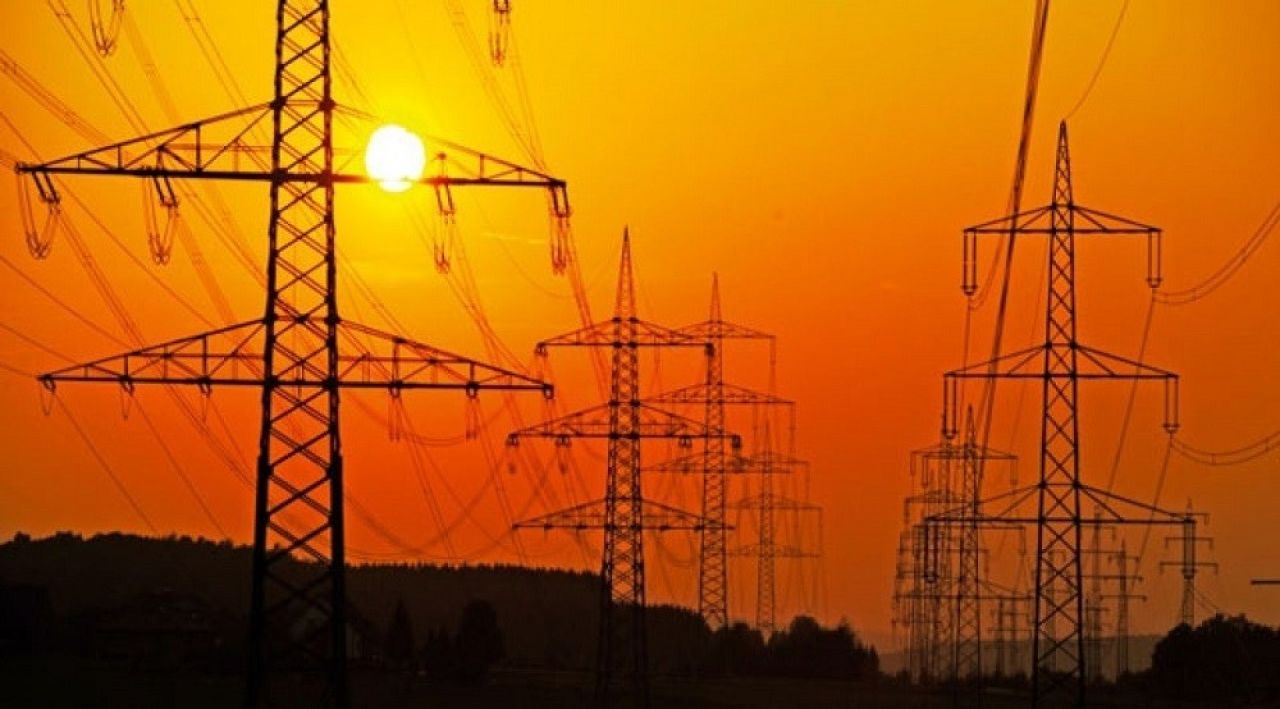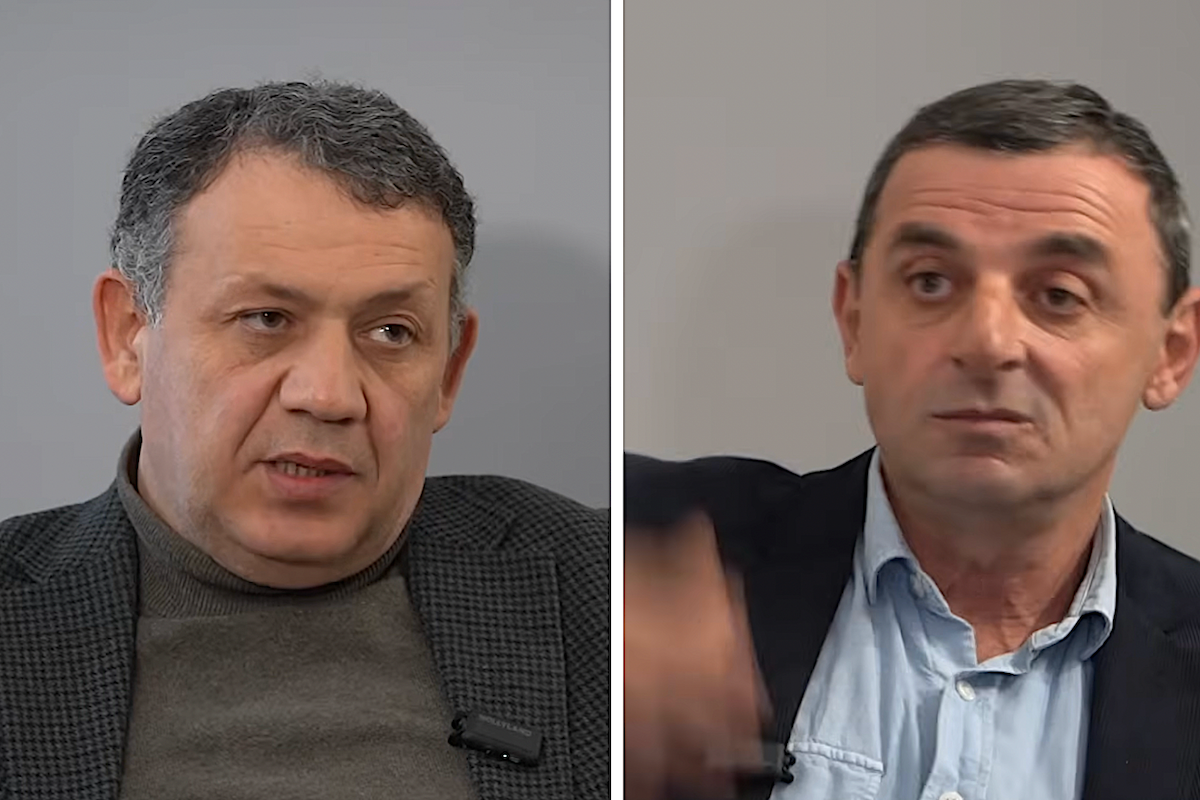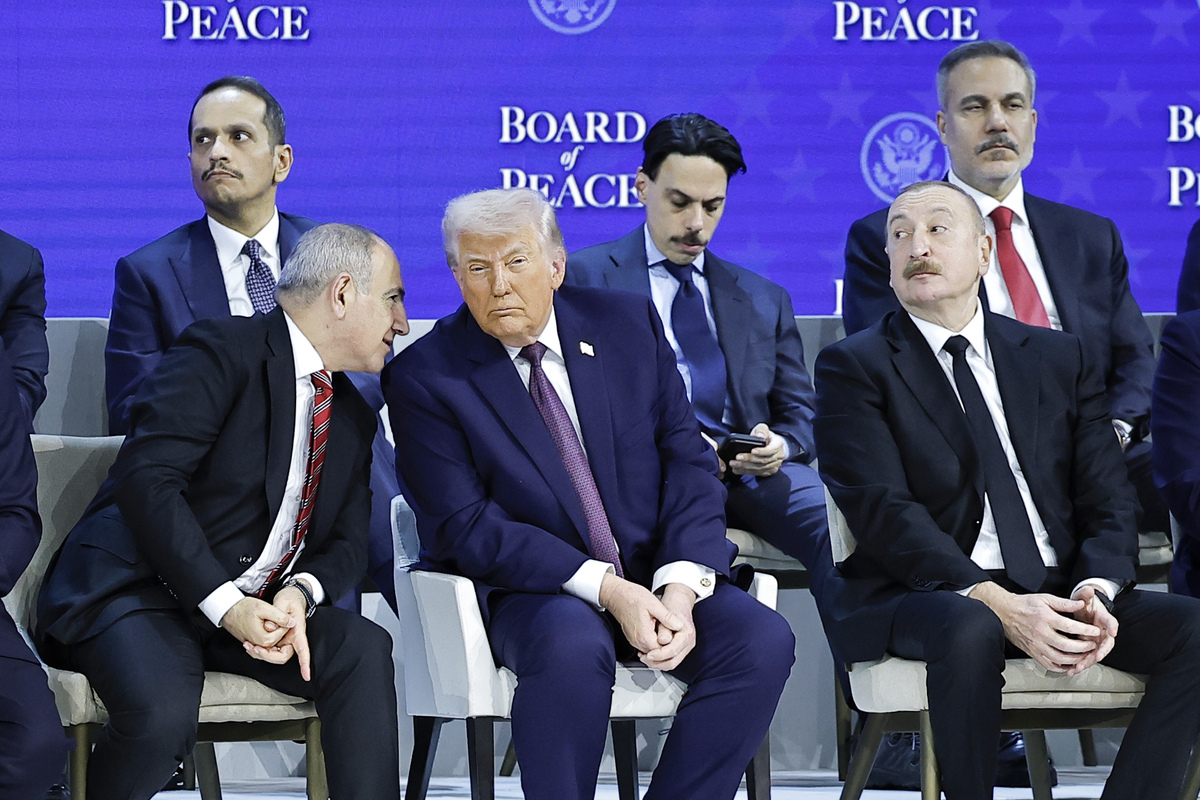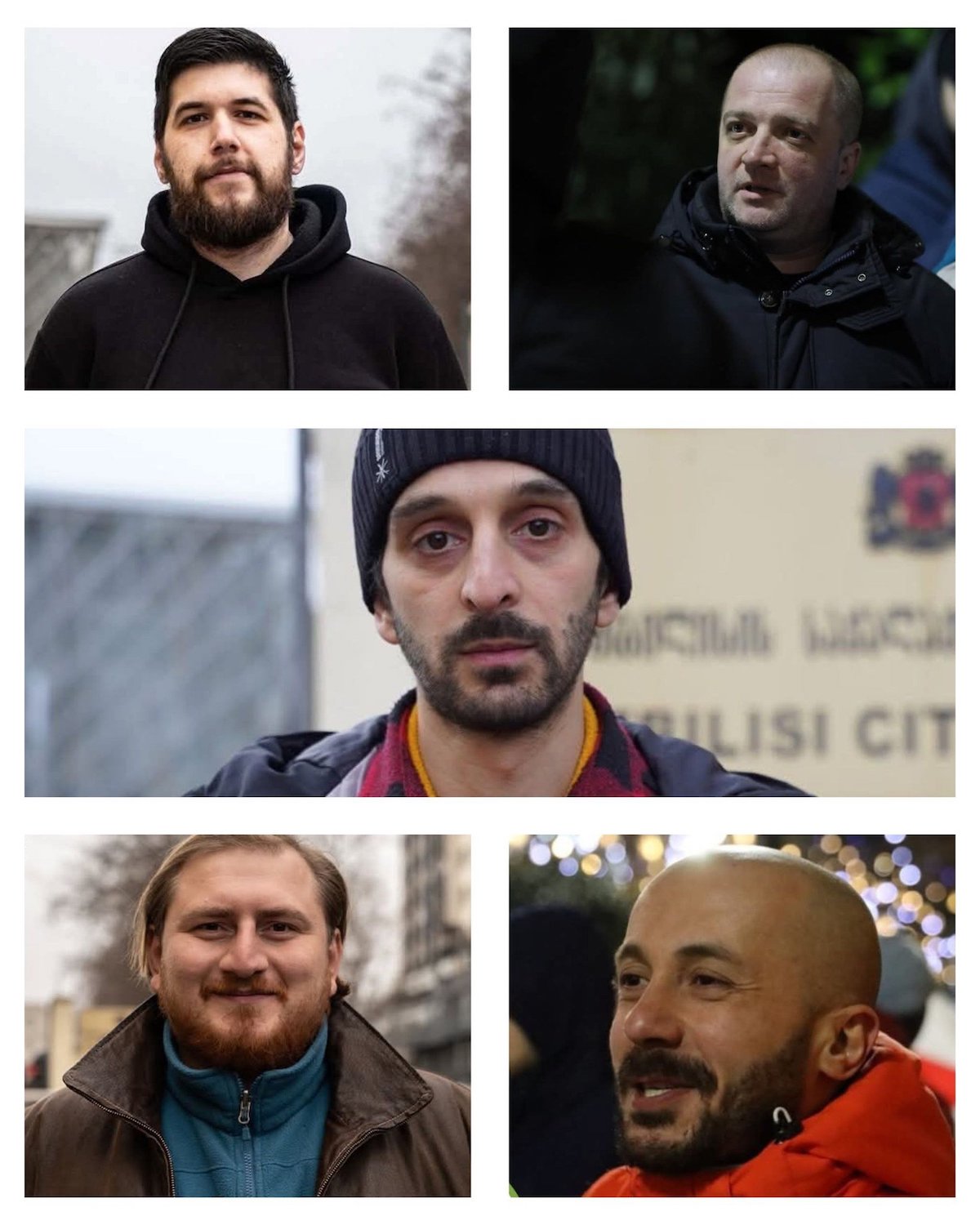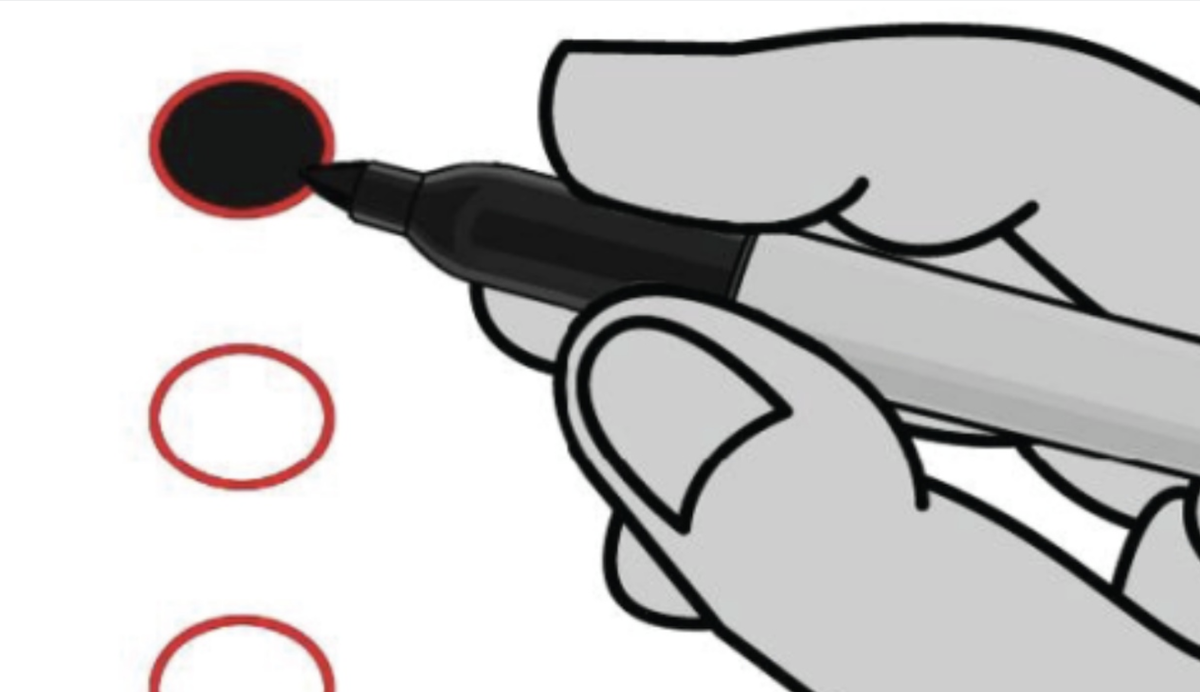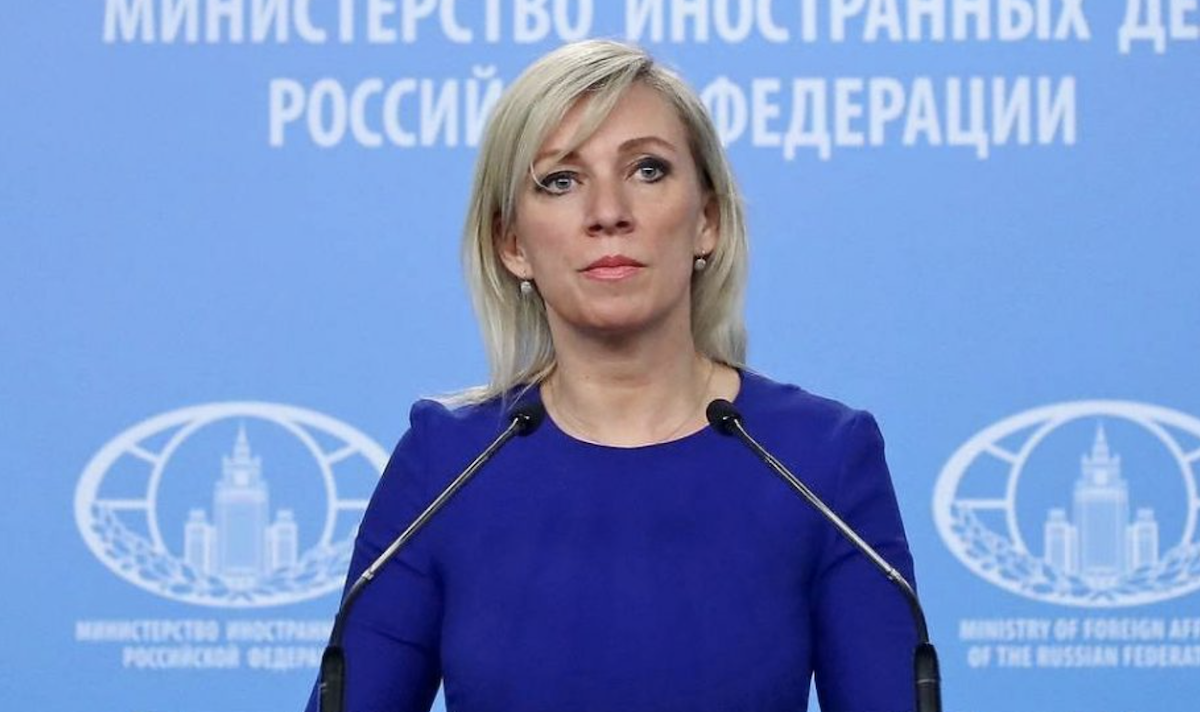How long the war in Ukraine might go on, how many victims, how it may end for Russia
Ukraine’s counteroffensive: what’s next
On September 10, the Ukrainian counter-offensive regained territory which it took Russia two months to conquer. At this moment, many analysts say that a turning point in the battle that began on February 24, the day of Russia’s military invasion of Ukraine, is near.
What might happen next, when and how may the war end: a Russian political scientist’s opinion.
Comment
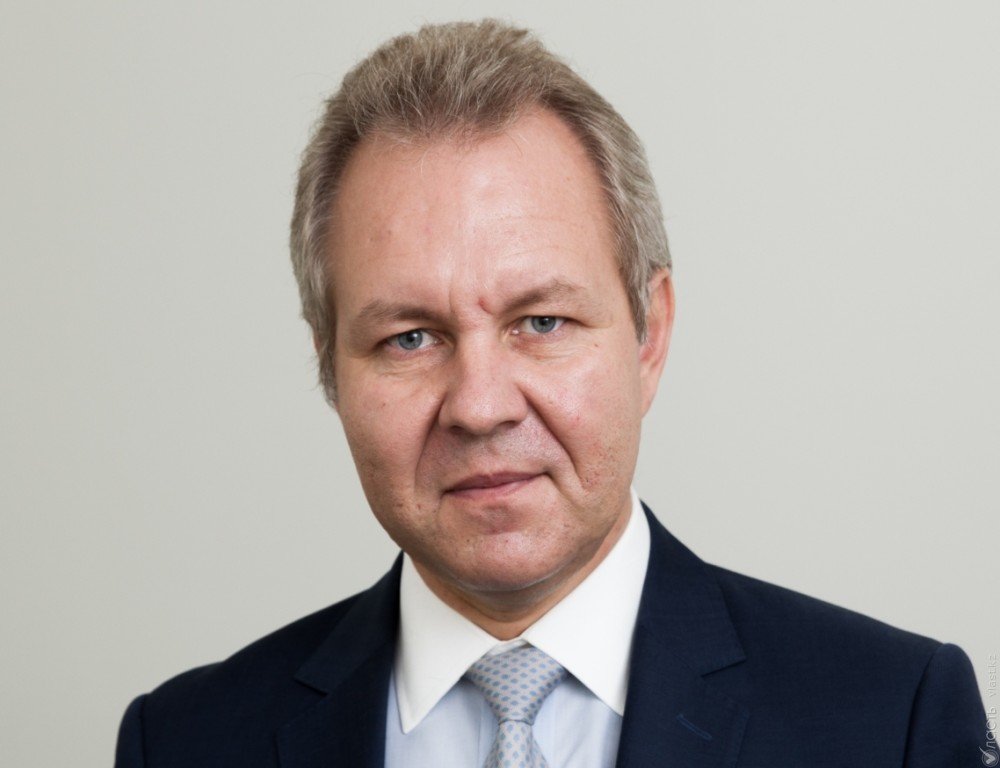
Vladislav Inozemtsev, Russian political scientist. The main points of his analysis in the publication Republic:
In itself, the invasion of one country by another without a declaration of war is not something original. The United States has deployed its troops abroad more than eighty times since the end of World War II. The last time the United States officially declared war on an enemy was in 1941.
But the war between Ukraine and Russia is a unique event in the last 75 years.
- This is the first major war in Europe that began outside the context of the post-imperial collapse. Wars in Yugoslavia, Tajikistan, the South Caucasus, and Moldova were waged by new states that had not received recognition either from each other or from the international community.
And between Russia and Ukraine a border treaty was signed almost 20 years ago.
- For the first time since at least 1973, the very existence of rivals is at stake in a war. Since the time of the Arab-Israeli wars, the “desovereignization” of an entire state has never been the goal of the attacking side.
- Defeat in this war is fraught for the aggressor with a social and political catastrophe and a complete dismantling of the political regime – in the event of Russia’s defeat, Putin and his entourage will not be able to stay in power.
- For the first time since the early 1990s, the international community has clearly taken the side of the victim of aggression. The enemy can hope at most for the neutrality of a number of countries, but not for help therefrom.
- Russia may halt gas supply to Europe – and the EU can accept Ukraine, Moldova and Georgia
- “To hell, with bare hands”: a report from the Ukrainian Kremenchuk after the Russian bombing
- How Facebook facilitates information wars waged by Putin and other authoritarian regimes
The duration of the war and its casualties
Ukraine’s counteroffensive: what’s next? Little reason for optimism. There is no “conventional” way out of the current situation. Several points:
- Russian military and mercenaries have committed hundreds of war crimes that have resulted in tens of thousands of civilian victims. All this makes it impossible for Ukraine simply to abandon the ground gained by Russia.
- Since 2014, Putin has tightly linked his own popularity among the people with the “creeping annexation” of Ukrainian territory. And since over the past ten years he hold any other achievement up to the population, he will not be able simply to leave it.
Any of the options for ending the war, except for the destruction of Ukrainian statehood, will not suit Russia.
- For the Ukrainian people today there is a Patriotic War. Ukraine is going through a unique period in its thousand-year history – the country is its own freedom over another overlord.
- Ukraine has all support from Western countries. Almost everyone agrees that preventing the defeat of Ukraine is the most important task of the free world.
To date, Ukraine has received or been promised $45 billion worth of weapons alone. This is more than the expenditures of the Russian army on the purchase of weapons and ammunition over several years.
The West’s economic and military-technological superiority over Russia is so great that one should not even dream of a real victory for Moscow.
- Russia today has problems with completing the army and replenishing destroyed equipment and spent ammunition. But its military industry can produce and modernize enough weapons to conduct a positional war. And Moscow will have enough money for this for several more years.
All this suggests that the war may well last for several more years, especially since warring parties’ forces today appear equal.
Of course, such a forecast assumes huge numbers of victims and damage.
According to various estimates, Russia’s loses already exceed 50,000. And if the war drags on for another year, they can reach 150-170,000, especially considering the increasingly less-trained soldiers being sent into battle.
Ukrainian losses are already reaching, I think, half a million. In Mariupol alone, about 100,000 have been killed or disappeared without a trace. And in a year the number of victims could at least double.
Ukraine might not lose this war. But it will come out of it almost completely destroyed.
Almost a fifth of Ukrainian territory will be destroyed. The damage is already estimated at $1 trillion. The end of the war will be the beginning of a period of recovery to last many years. And a complete Ukrainian nation will probably never happen again.
What will the post-war world be like?
By the mid-2010s, Russia had achieved enormous leeway:
- Almost without consequences, it fragmented Georgia
- Annexed Crimea
- Created puppet republics in the Donbass
- Practically allowed to keep the terrorist government of Bashir al-Assad in Syria from falling
- Openly established contacts with the Taliban.
In such conditions, other revisionist powers also grew bolder, especially China, which began to dream quite loudly of the “return” of Taiwan.
The war in Ukraine strengthens the unipolar world: the West has lost the illusion that it is possible to coexist peacefully with authoritarian regimes.
Accordingly, the main result of the war will be the strengthening of the borders of the Western world, the additional armament of its allies and the rejection of any significant neutrality (which has already happened in the example of Sweden and Finland joining NATO).
A new iron curtain will be erected around Russia’s borders, and serious defensive alliances will be built around China.
The cost of the conflict for the West will be several trillion dollars, but in the end, Western civilization will become more cohesive and technologically advanced.
What will happen to Russia?
The Ukrainian flag will not fly over the Kremlin. Also, the collapse of Russia seems unlikely.
Most likely, a military defeat under current conditions will result in a tightening of the existing regime.
Defeat in the war with Ukraine will confirm Russia’s position as an anti-European, class-based, authoritarian country that relies exclusively on its resource potential.
All this, of course, can have extremely deplorable consequences for Russia. But for the rest of the world it won’t be a big tragedy.
In February 2022, Russia in its post-Soviet image signed its own death warrant. It will not change the world, but it will throw itself into the past and lose the political system that until recently suited the vast majority of its citizens.
Ukraine’s counteroffensive: what’s next










